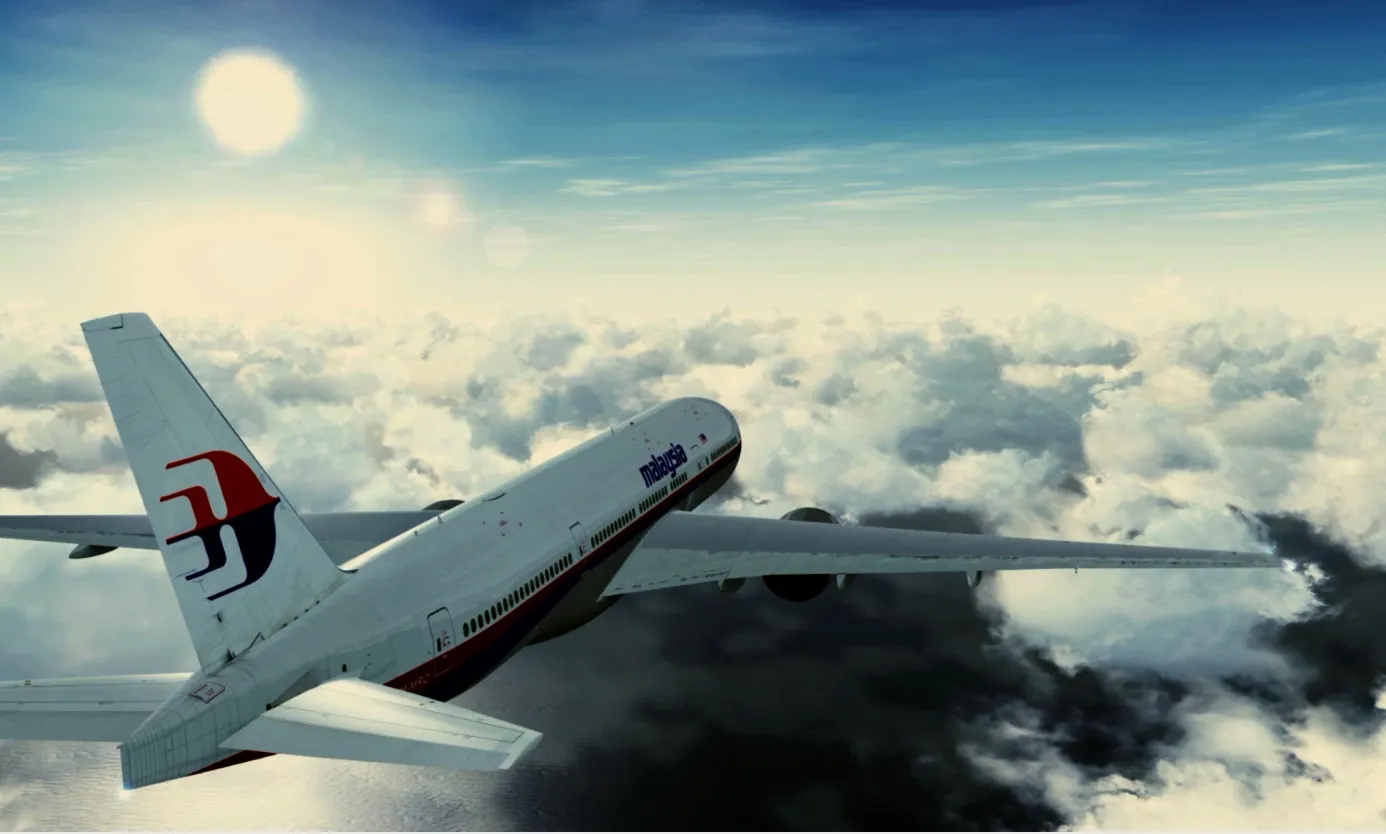
Malaysia hoses down MH370 search suggestion
Feb 11, 2020

Malaysia has decided to end the search for Malaysia Airlines Flight MH370, which mysteriously disappeared in March 2014. Despite extensive underwater searches over several years, the plane's wreckage has never been conclusively found, leading to speculation and numerous theories surrounding its fate. The decision to halt the search comes after the government consulted with experts and considered the diminishing chances of finding new evidence. Families of the missing passengers have expressed their disappointment, highlighting the ongoing emotional toll of the tragedy. The conclusion of the search marks a significant moment in one of aviation's greatest mysteries.
The mystery surrounding "MH370" continues to baffle aviation experts and the public alike. Recently, Malaysia has firmly stated that it is no longer pursuing further search efforts for the missing aircraft. This decision has sparked various reactions and discussions concerning the implications of this announcement. Let’s delve deeper into what this means for the ongoing investigation and the future of aviation safety protocols.
The Current Status of the MH370 Search
After years of extensive search operations covering vast stretches of the Indian Ocean, Malaysia has officially declared its contentment with the current findings and has suggested that further searches are unwarranted. This decision is based on the extensive analysis of data collected during previous searches and the associated costs involved in continuing the operation.
Historical Context
The disappearance of "MH370" on March 8, 2014, has been one of the most perplexing incidents in aviation history. The aircraft, which was en route from Kuala Lumpur to Beijing, vanished from radar, leading to an international search effort that has become the most expensive in aviation history. Initial searches focused on the South China Sea before shifting to the Indian Ocean based on satellite data analysis.
Reasons Behind Malaysia's Decision
Several factors contributed to Malaysia's decision to halt the search for "MH370":
- Financial Constraints: The search has cost millions of dollars, and with no definitive results, continuing the search poses a significant financial burden.
- Data Analysis: Recent evaluations indicate that the current search area has been thoroughly investigated, leading experts to believe that the chances of finding the wreckage are slim.
- Public Sentiment: Families of the victims have expressed mixed feelings regarding ongoing search efforts. Some advocate for closure rather than prolonged uncertainty.
Implications for Future Aviation Safety
The cessation of the "MH370" search brings to light the need for more robust safety measures in aviation. As the investigation into the disappearance continues, several recommendations have been proposed to prevent similar incidents in the future:
| Recommendation | Description |
|---|---|
| Real-time Tracking: | Implementing systems that provide real-time tracking of aircraft, ensuring that their location is constantly monitored. |
| Enhanced Communication Systems: | Upgrading communication technologies to facilitate better contact between the aircraft and ground control. |
| Regulatory Changes: | Revising international aviation regulations to mandate more stringent safety protocols for commercial airlines. |
The Role of Technology in Aviation Safety
Advancements in technology have the potential to revolutionize aviation safety. The aviation industry is increasingly turning to innovative solutions to enhance safety and tracking capabilities. Technologies such as satellite tracking, AI-powered predictive analytics, and improved cockpit communication systems can significantly mitigate risks associated with flying.
Conclusion and Final Thoughts
While the decision to halt the search for "MH370" may bring closure to some, it opens new discussions regarding aviation safety and the measures necessary to prevent future tragedies. As we look towards the future, it is essential for the aviation industry to adopt more proactive approaches to ensure the safety of passengers and crew. The lessons learned from the "MH370" incident should serve as a catalyst for change, prompting the adoption of advanced technologies and more stringent regulations that prioritize safety above all else.
In summary, Malaysia's recent statement on the "MH370" search reflects a complex interplay of financial, emotional, and technological factors. Moving forward, the aviation industry must embrace innovation and collaboration to enhance safety measures and restore public trust in air travel.
Related Articles

Explore Thailand: The Best Islands to Visit for Paradise, Adventure, and Relaxation

The Ultimate Guide to the Best Islands in Thailand for Your Next Getaway

Do babies need passports? How to get a passport for a newborn

How to get a U.S. passport fast: here’s how to expedite the process

What is Mobile Passport Control: 5 reasons why you should use it

SENTRI vs. Global Entry: A detailed guide

Do you need a passport to go to the Bahamas? Let’s find out

Do you need a passport to go to Mexico? A detailed guide

Do you need a passport to go to Canada? We got the answer

Do You Need a Passport for a Cruise: An Essential Travel Guide

Booster Seat Requirements: All the Rules to Follow in Your Rental Car

What Are the World’s Most Powerful Passports, and How Does Yours Rank?

How to Take a Passport Photo at Home: A Helpful Guide

You've got to have heart! Southwest's new livery

Your opinion: Should water be free on low cost carriers?

Young women bolder than guys as solo travellers
